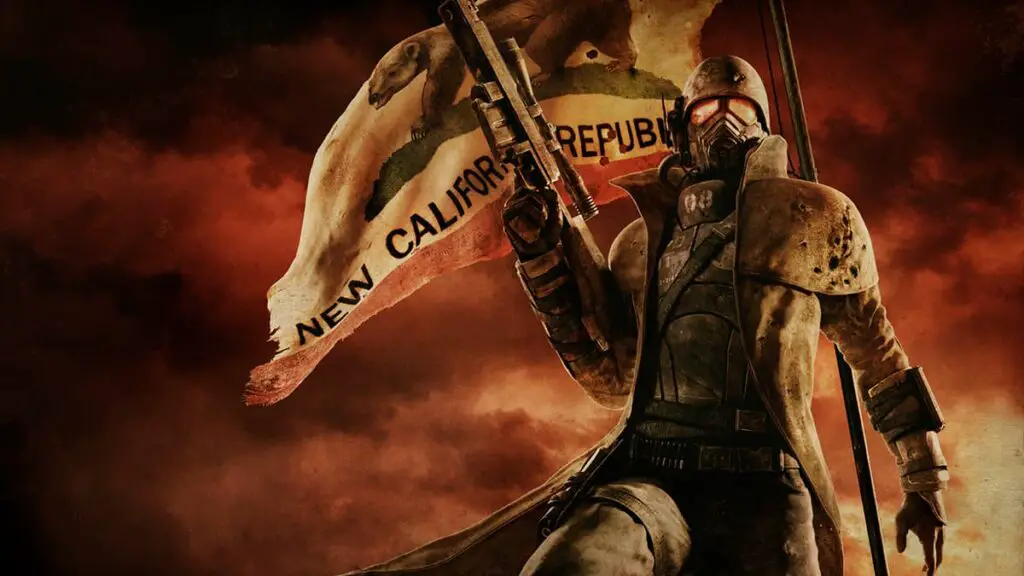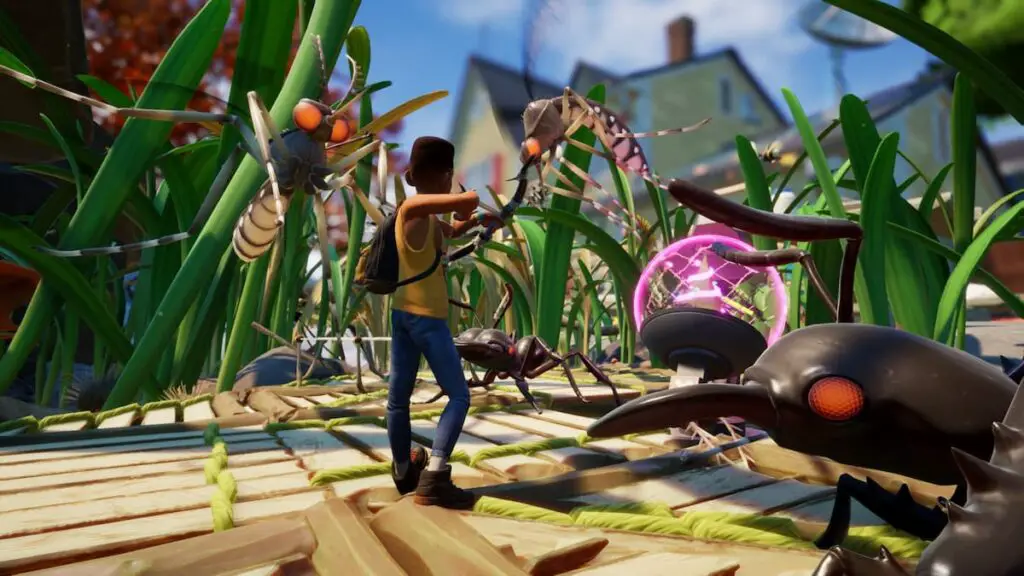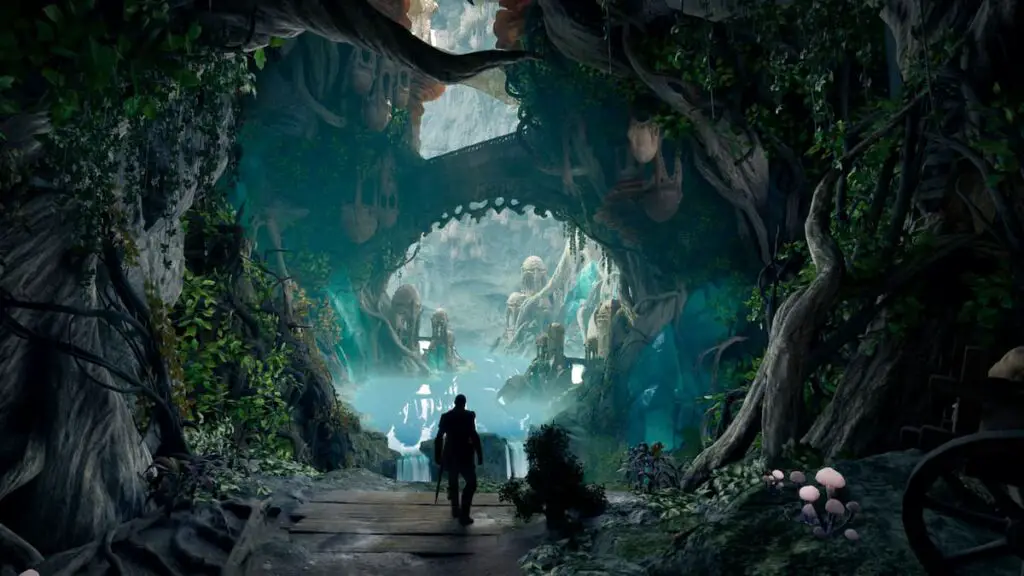When you talk about Xbox in the 2020s, there are a couple of topics that immediately jump to mind. Of course, there’s Game Pass, and the impact it has on the industry. The other, and maybe more pressing issue for some, is all the numerous studio acquisitions it made over the last decade. Activision and Bethesda may be the ones that get all the headlines and have the most popular IP, but Obsidian Entertainment has quietly become the gold standard you should expect out of game developers right now.
A history of success backed by the money to sustain it

Since its inception, Obsidian Entertainment has made many highly adored video games despite overwhelming odds. It took on the gargantuan task of filling Bioware’s shoes with the publisher rushing them on Star Wars: Knights of the Old Republic II. Many Fallout players still consider New Vegas the best entry in the series despite being made on an equally grueling timeline, and South Park: The Stick of Truth is one of the funniest video games ever released and that’s coming from someone who is not a fan of the show. Pillars of Eternity also has a very loyal fanbase that loves both games.
As much as fans loved those games, Obsidian was running into financial issues in the 2010s. Crowdfunding had become a viable way to get game projects off the ground but was unreliable and not suited to the ballooning cost of game development.
When Xbox acquired Obsidian in 2018, the team finally had a chance to exhale. With no more worries about where the funding for their next game would come from, they could just focus on the games themselves. The Outer Worlds, initially published by Private Division, was released the following year and showed the promise the team had.
Now that we have Avowed in the coming weeks and a second Outer Worlds game also due out this year, I can’t help but look at both of these games with anticipation knowing they will be the first major projects from the studio unburdened by budget or time constraints.
Obsidian Entertainment has the rare ability to do something different successfully

The most impressive thing about what Obsidian Entertainment has done since the Xbox acquisition is nail its experiments. In 2020, Grounded hit early access. A studio that was built on making RPGs delivered a Honey, I Shrunk the Kids-inspired survival game that delivered an experience that I can’t remember having in other video games. Pentiment, a 2D adventure game focused on a set of murders in the 1500s wasn’t my personal favorite, but people rave about the mystery and storytelling.
I single out these two examples because of how we have seen other developers experiment and fail. Even staying within the Xbox umbrella, Ninja Theory, who is best known for the storytelling and cinematic virtues it presents in the Hellblade games, tried a similar experiment with Bleeding Edge which almost immediately lost all attention. There is something to be said about a team doing something that it is not known for, and heavily succeeding in that endeavor. Tango Gameworks comes to mind with Hi-Fi Rush, which was very successful, but not enough for Xbox to keep the team on. Many studios aren’t afforded that level of freedom, and Obsidian has yet to fail in those scenarios.
What can the games industry learn from Obsidian Entertainment?

Obsidian Entertainment continues to exceed from a quality perspective in every situation it is confronted with. It may not have the type of games that every single person will fall in love with, and it may never lead the best-selling list, but players appreciate the work it puts into its games. It doesn’t chase trends or try to force in a multiplayer mode that feels misplaced. When Obsidian wants to experiment with a multiplayer game, it brings out a creative sandbox like Grounded that captures an audience. It does all this, but can still deliver a fun RPG experience with The Outer Worlds and (hopefully) Avowed.
Too many times we see development teams try something new that spells disaster for the community and the business. Rocksteady and Bioware are just two examples of beloved teams that tried something new with Suicide Squad and Anthem. Both failed, and now we aren’t 100% sure about their future. That is something that is hard to envision happening with Obsidian because, even when venturing into a new genre, it carries over the studio’s greatest strengths in building a rich and detailed world for players to experience. Other studios could likewise benefit from the model Obsidian uses when it sets out to develop a new game.






